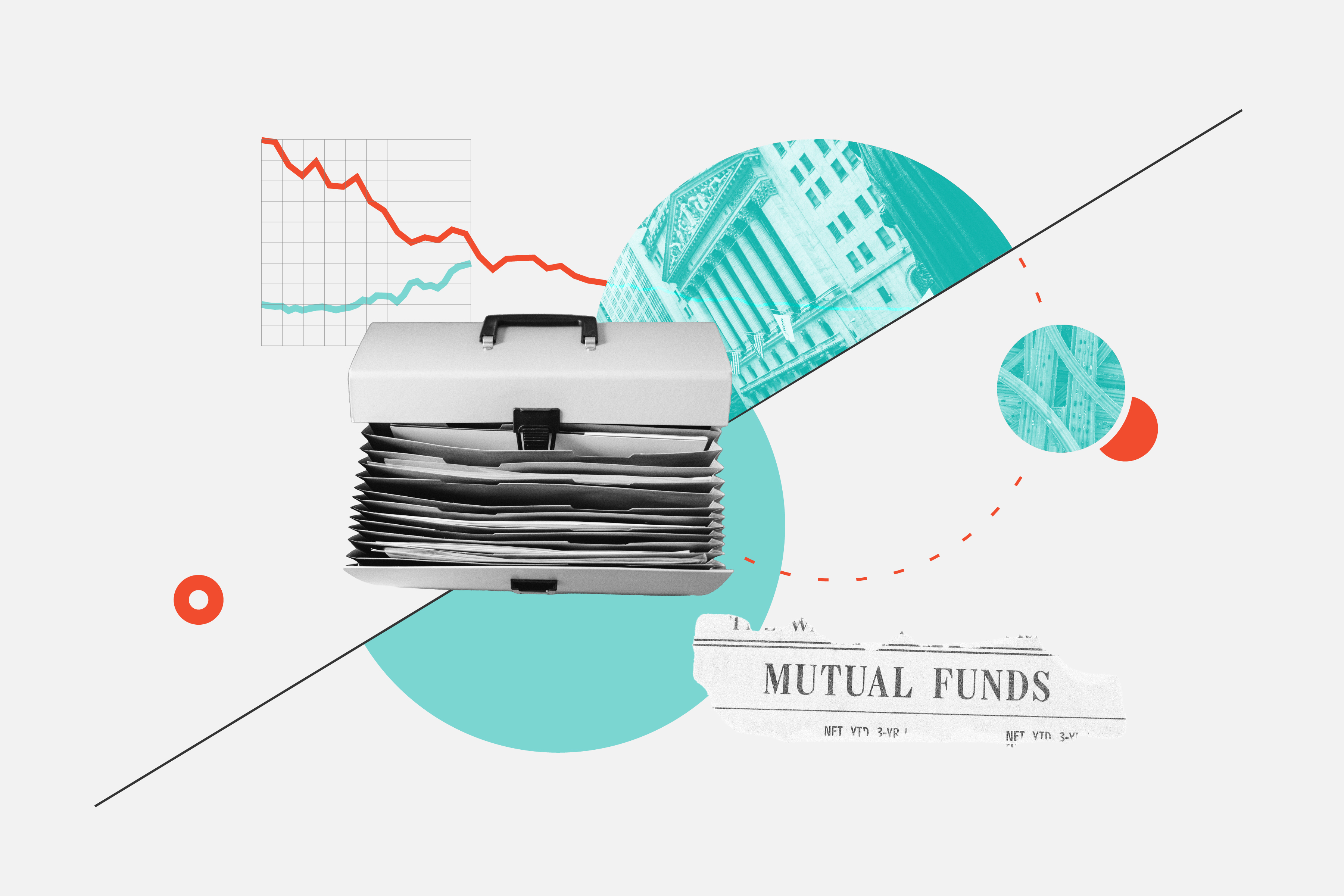Under new disclosure rules for client statements -- as part of the second phase of the client-relationship model (CRM2) -- it will be mandatory for brokers and dealers to show whether a holding is making or losing money for you. But don't assume that the figure that they report for what a holding has cost you is the same amount as what's required for tax-reporting purposes.
If you rely on the CRM2-mandated disclosure, you may be overstating or understating your capital gain from the sale of a holding in a non-registered account. You could end up either paying too much tax. Or you could risk getting in trouble with the Canada Revenue Agency for not paying all the tax you owe.
Under the CRM2 rules, taking effect by the end of this year, financial-services providers have a choice of two reporting methods:
- Original cost, which is what you paid for the holding, including transaction costs;
- Book cost, which consists of what you paid for the original holding including transaction costs, plus reinvested distributions and any adjustments made for return of capital.
In some cases, original cost or book cost might be the same as the adjusted cost base (ACB) that's required by CRA for reporting capital gains or losses. But don't count on it.
As the Investment Funds Institute of Canada points out in a guide released on April 1 for its dealer members, client statements should include a disclaimer that these reporting methods may not be suitable for tax calculations, since they may not reflect all the required adjustments.
IFIC's suggested disclaimer reads, in part: "It is important for you to keep records of all of your investment transactions and consult your income-tax advisor to properly determine your gains and losses for income-tax purposes."
The potential for investor confusion concerning the reporting of original cost or book cost has been known for years. In a 2012 submission to the Canadian Securities Administrators, the financial-advisors organization Advocis emphasized the need for investors to seek professional advice on tax reporting. "Consumers who are not sophisticated investors will benefit from the disclosure of this information only with the assistance of a financial advisor," Advocis said. "It is incumbent on the CSA to make this clear to the consumer."
One complication can arise if you hold a security in two or more non-registered accounts. In calculating your ACB, you must consider all of your holdings of that security in all accounts. If that situation applies to you, there may be significant differences between the book cost calculated for individual account positions of the security and the ACB calculated for your combined holdings across two or more accounts.
Other situations affecting the ACB of your holding include elections you can make under provisions of the Income Tax Act. For instance, if you hold a U.S. stock that has spun off shares as part of a corporate restructuring, you may be able to elect to have the spinoff treated as a tax-deferred acquisition. This provision would enable you to acquire the shares at an ACB that's based on the cost of your original holding. If you don't make this election, the market value of the shares you acquire under the corporate restructuring will be treated as fully taxable foreign income.
In some cases, neither original cost nor book cost may be available for a holding that you transferred from another account. In that situation, says the Investment Industry Regulatory Organization of Canada (IIROC), it's acceptable for firms to report to you that the cost of the holding could not be determined. Allowing "N/A" as a reporting option, says IIROC, would ensure that clients wouldn't incorrectly use market-value information as tax-cost information in their income-tax filings.
On the whole, new disclosure requirements for client statements will improve the investor experience, particularly when it comes to much improved transparency concerning the fees and commissions that you pay. But on the reporting of original cost or book cost, most investors probably won't notice anything new under CRM2, since their brokers and dealers may already be reporting these numbers.
With or without CRM2, you and/or your advisor must continue to keep track of all relevant purchases or sales of the security; the amounts, dates and types of distributions; and any other special circumstances such as tax-deferral elections available under tax legislation. For tax reporting, it's business as usual in the CRM2 era.



















